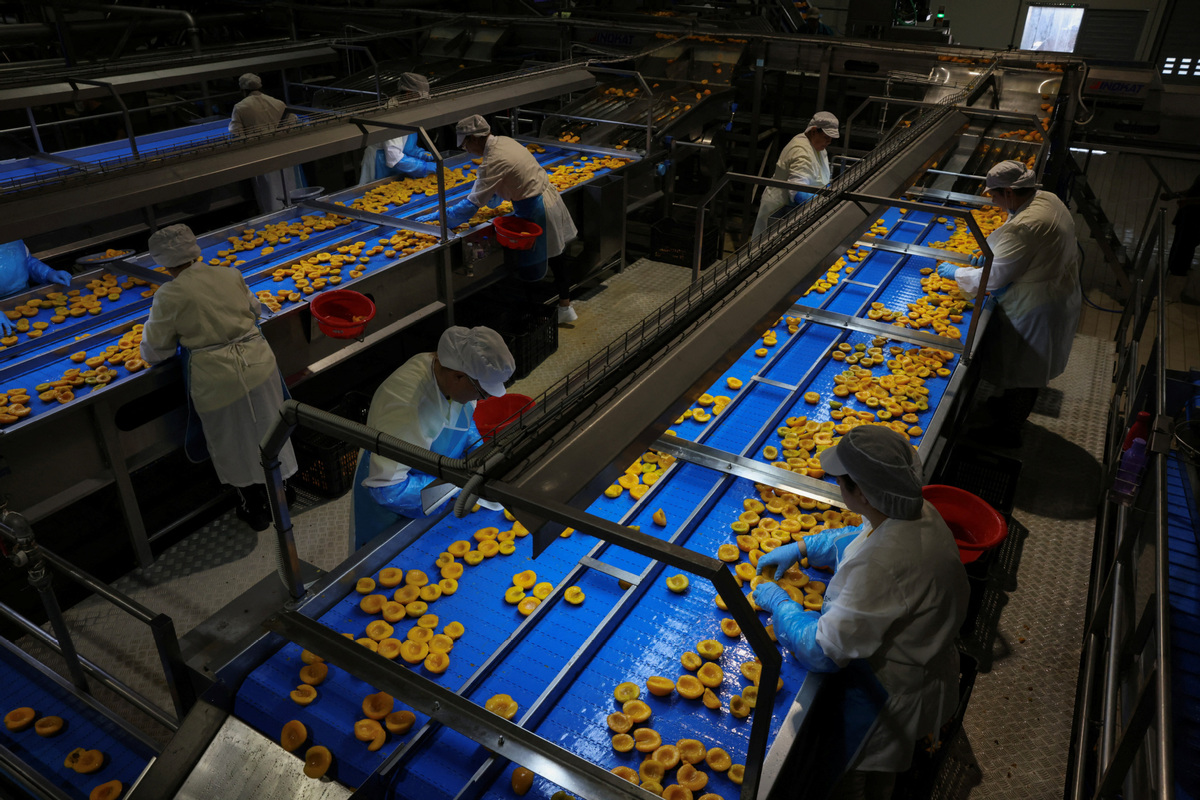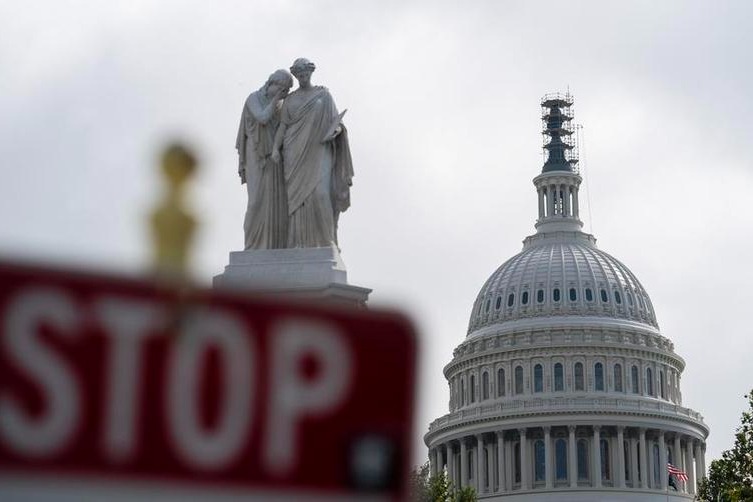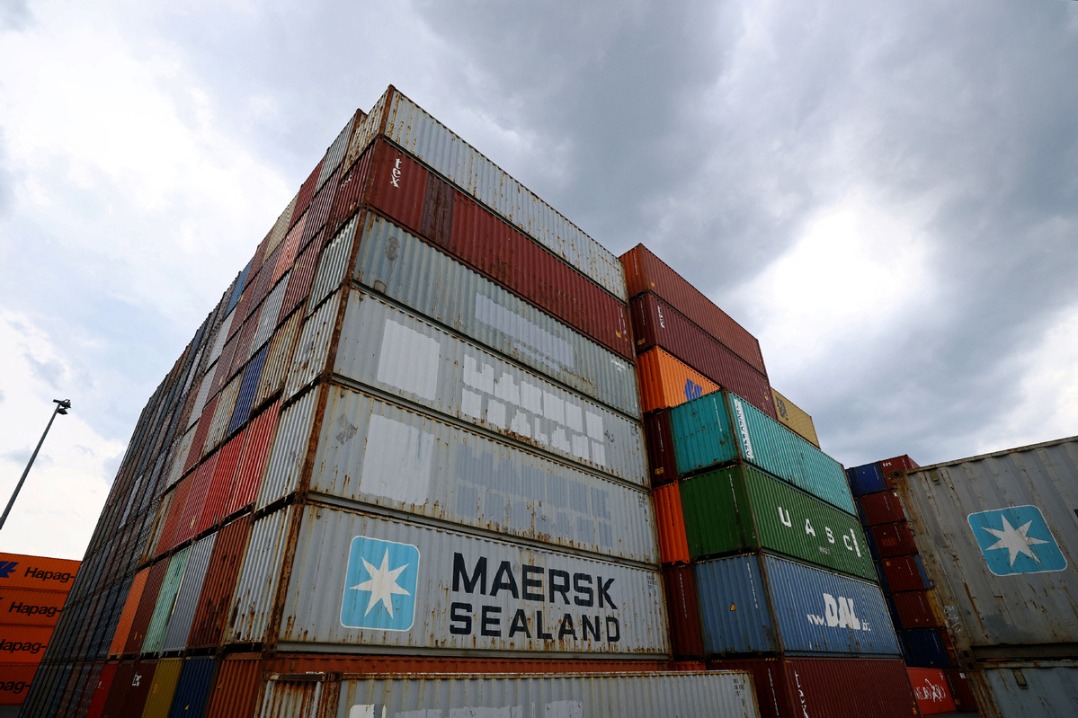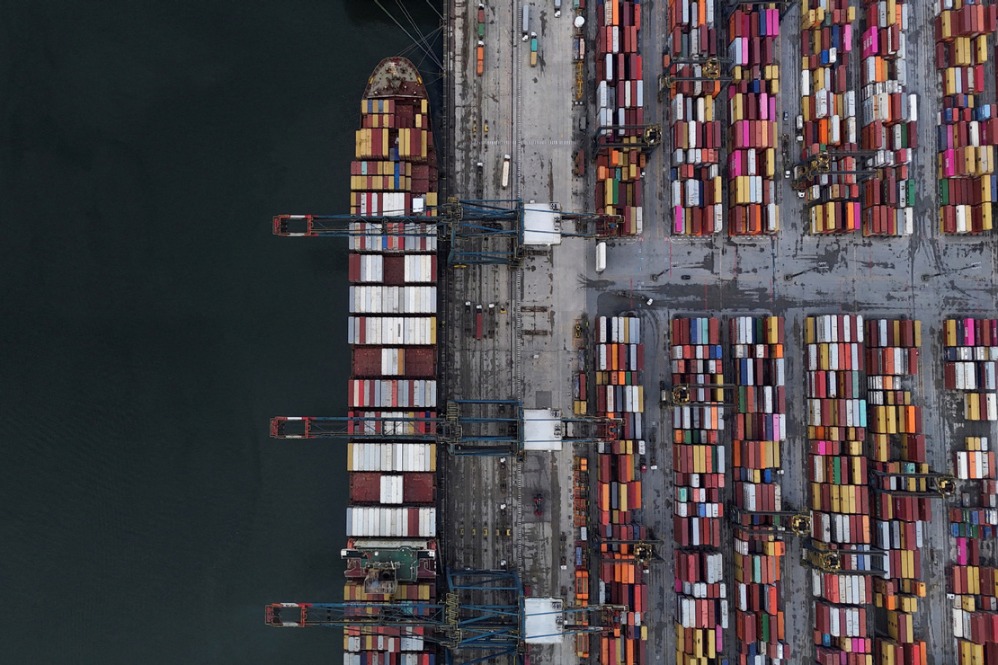Greek farmers fear fresh US tariff blow


One of the less obvious potential victims of a transatlantic trade war between the United States and the European Union has emerged to be the peach industry in Greece.
The EU is currently under threat of 30 percent tariffs being placed on its exports to the US from the start of next month, and peach growers in the southern European country, whose trade is significantly dependent on exports to the US, are starting to worry about how their sector could be impacted, and what alternative markets they may need to find.
Peaches from Greece, which is one of the world's largest exporters of the fruit in tinned form, are already subject to US tariffs of 17 percent, which, if the planned new levy is applied, will shoot up to 47 percent.
With the US market Greece's second-largest after the EU, accounting for around one-fifth of all peach sales, the economic consequences could be significant.
Reuters reports that Greece's annual turnover from exports of tinned peaches and associated products is in excess of 600 million euros ($695 million), and the US accounts for around 120 million euros of that figure, while also taking around 4 percent of all Greek exports.
Any additional tariffs would be another heavy blow to an agriculture sector that is still recovering from the lingering effects of the country's financial crisis that continued from 2010 to 2018, and that has also had to deal with increasingly high temperatures, which many people blame on climate change.
The EU's green transition measures have seen many widely-used pesticides outlawed, forcing many Greek farmers to resort to using illegal ones in a bid to stay in business.
Official EU figures show that around 14 percent of pesticides currently being used in the bloc are illegal, a figure that has gone up in recent years, and according to Greece's Crop Protection Association, in some parts of the country that figure is as high as 25 percent.
With peach production in the central Macedonia region of Greece supplying income to around 20,000 families, any disruption to supply chains, or need to source alternative markets, would have an instant and devastating impact.
"For the past six months, since (US President Donald) Trump took office, we have been in a period of an absolute turmoil," said Kostas Apostolou, head of the Greek Canners Association. "Our size might be small as a percentage for the country or the EU, but for the region, it's a big source of income, it's vital for its survival."
One alternative export outlet is the Mercosur bloc in South America, which includes Argentina and Brazil.
Last December, 25 years after it was initially proposed, the European Commission and Mercosur finally concluded talks on a free-trade agreement.
But largely because of opposition from farmers in France and Poland, the deal is yet to be ratified, so a quick solution seems unlikely.
julian@mail.chinadailyuk.com

































